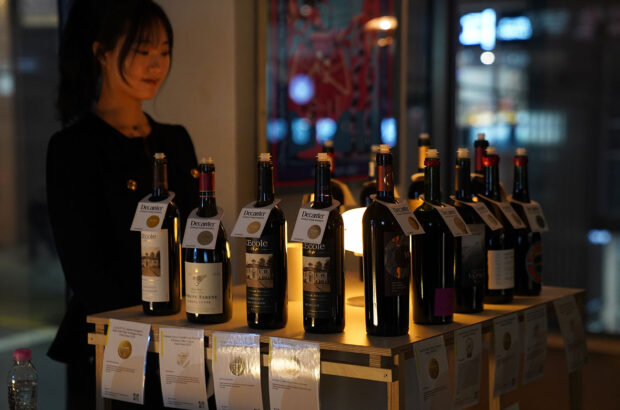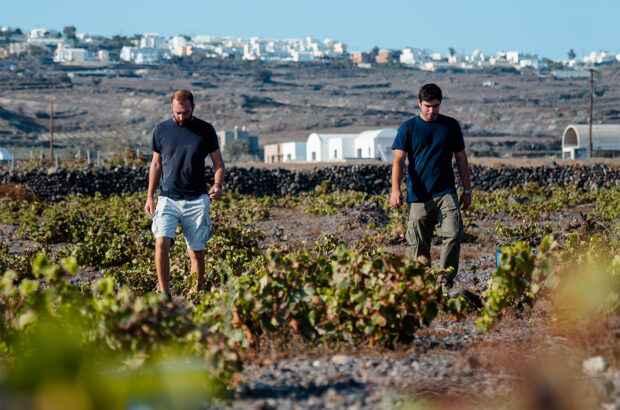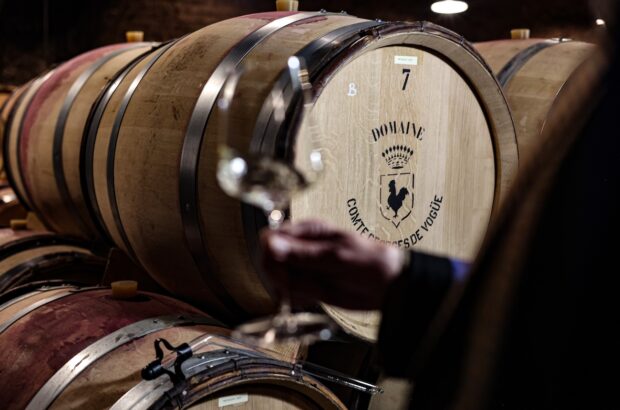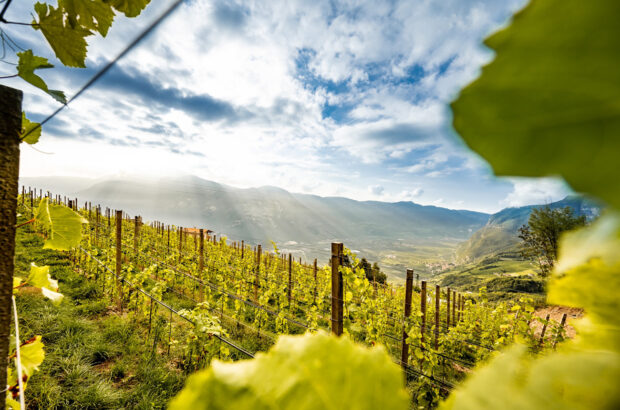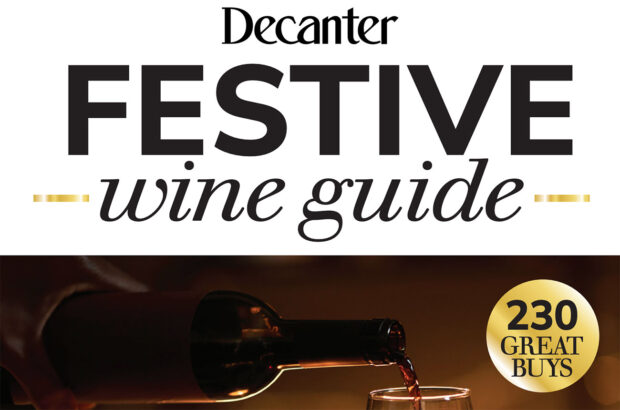Best known for Grüner Veltliner, Austria also makes world class Riesling and some intriguing reds thanks to its collection of enviable terroirs...
North-east
Austria’s main white grapes are Grüner Veltliner and Riesling, grown mostly in the region of Niederösterreich in the north-east corner of the country around Vienna. This region is home to the country’s most famous white wine producing zones – Kamptal, Kremstal, Wachau, Wagram and Weinviertel.
East
The main red grapes are Blaufränkisch and Zweigelt, which both tend to prefer the eastern stretch of the country in the region of Burgenland, which sits around the huge Lake Neusiedl.
South-east
Steiermark (or Styria) in the south-east is home to international varieties such as Sauvignon Blanc, Pinot Blanc and Chardonnay. They can have a distinct fragrant quality that marks them out as specific to the region.
Read more about Austrian wine in our supplement, free with the March 2017 issue of Decanter magazine, on sale now.
Austrian wine styles:

Austrian Grüner Veltliner
Decanter's Tasting team pick out some Austrian Grüner Veltliner you really should try...

About Austrian Riesling & wines to try
Germany may get the lion's share of praise, but Austria is hot on its heels when it comes to producing
Austrian wine key terms:
1ÖTW
Unofficial ‘premier cru’ classification for 52 of the best single vineyard sites (‘erste lage’) in Kamptal, Kremstal, Traisental and Wagram. It is only used by 23 wineries who are members of the Österreichischen Traditionsweingüter.
Alte Reben
German for ‘old vine’.
DAC
The Austrian equivalent of the French AOC. The first DAC region was introduced in 2003. It has yet to be approved for the Wachau region, so winemakers there have created their own unofficial quality system.
Federspiel
The second quality wine category for the Wachau region, requiring wines to be between 11.5% and 12.5% ABV.
Klassik (or Classic)
An unofficial term used to reflect wines that have medium alcohol levels, show varietal typicity and do not demonstrate any obvious oak
characteristics.
Loess
A yellow coloured soil with a very fine sediment that can be found in most of Austria’s wine regions. Grüner Veltliner in particular thrives in this soil.
Reserve
An official term permitted for wines in the DAC system that are at least 13% ABV and can be aged for longer.
Smaragd
The equivalent of a Reserve style and the highest quality category specific to the Wachau region, with a minimum alcohol requirement of 12.5% ABV.
Steinfeder
The lightest quality wine category for the Wachau region, requiring wines to be no more than 11.5% ABV.



